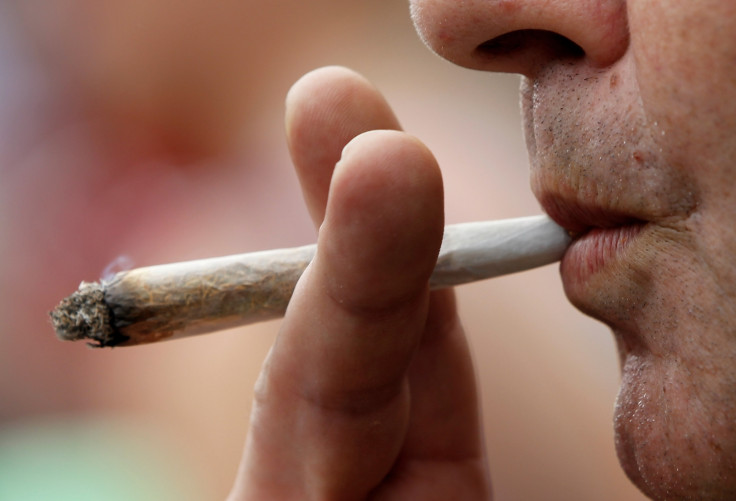Government Report Praises Advantages of Decriminalising Drugs for First Time

A government report has concluded that the current drugs laws in the UK do not work and decriminalising them would have no impact on the extent on their use.
A groundbreaking report by the Home Office says there is "no obvious relationship" between tough penalties for drug taking and levels of drug use.
The report, the biggest suggestion yet that the Home Office wants to pave the way for the decriminalisation of drugs, will be published along with a call for a general ban on the sale of legal highs.
Fronted by Liberal Democrat home office minister Norman Baker, the report examined other countries' drug policies such as Portugal, where drug possession has been decriminalised, as well as others which impose tough criminal penalties for users.
It found no evidence that to suggest a correlation between the "toughness" of a country's approach and the prevalence of adult drug use.
The report adds that in the Czech Republic, the country saw worse health outcomes observed, a rise in crime and no evidence of reduced use after drugs were criminalised.
It is the first time that a government report has praised the idea of decriminalising drugs.
Baker told BBC Radio 4's Today Programme: "The reality is that this report has been sitting around for several months. I've been trying to get it out and I'm afraid that I believe that my coalition colleagues who commissioned the report jointly don't like the independent conclusions it's reached.
"It was suppressed, not by Theresa May, it was suppressed by the Conservatives and the reality is that it has got some inconvenient truths in it."
The report has caused rifts within the coalition, with Baker saying the government needs to be "brave enough" to change UK drug laws.
He added: "The Liberal Democrats believe drugs policy should be based on evidence, not dogma or the desire to sound tough. If you are anti-drugs you should be pro-reform.
"For too long successive governments have been unwilling to look at the evidence. This comprehensive report shows that other ways of tackling drug addiction and supply can save lives and cut crime.
"It's time for a radical change in British drugs policy. The fact is we should spend more time and effort cracking down on the Mr Bigs and criminal gangs who traffic drugs than users and addicts who should be helped to recover, not put behind bars."
Despite this, Downing Street has said there is "simply no chance" the government would entertain "reckless" calls to decriminalise drugs.
"As the report makes very clear, the government's approach already provides a good balance between enforcement and treatment, drug use is plummeting as a result and there is simply no chance that we will entertain such a reckless change of course."
A Home Office spokesperson, responding to the report, also said the government has "absolutely no intention" of changing the current drug laws.
A spokesperson added: "Our drugs strategy is working and there is a long-term downward trend in drug misuse in the UK.
"It is right that we look at drugs policies in other countries and today's report summarises a number of these international approaches."
Danny Kushlick, founder of the Transform Drug Policy Foundation, said the report was "a historic moment" in the development of UK drug policy.
He added: "For the first time in over 40 years the Home Office has admitted that enforcing tough drug laws doesn't necessarily reduce levels of drug use. It has also acknowledged that decriminalising the possession of drugs doesn't increase levels of use.
"It has also acknowledged that decriminalising the possession of drugs doesn't increase levels of use. Even more, the department in charge of drugs prohibition says it will take account of the experiments in the legal regulation of cannabis in Washington, Colorado and Uruguay."
In 2013, Uruguay became the first country in the world to legalise the production and sale of marijuana.
The US states of Colorado and Washington, also legalised the possession and use of marijuana for both medical and personal use.
© Copyright IBTimes 2025. All rights reserved.




















